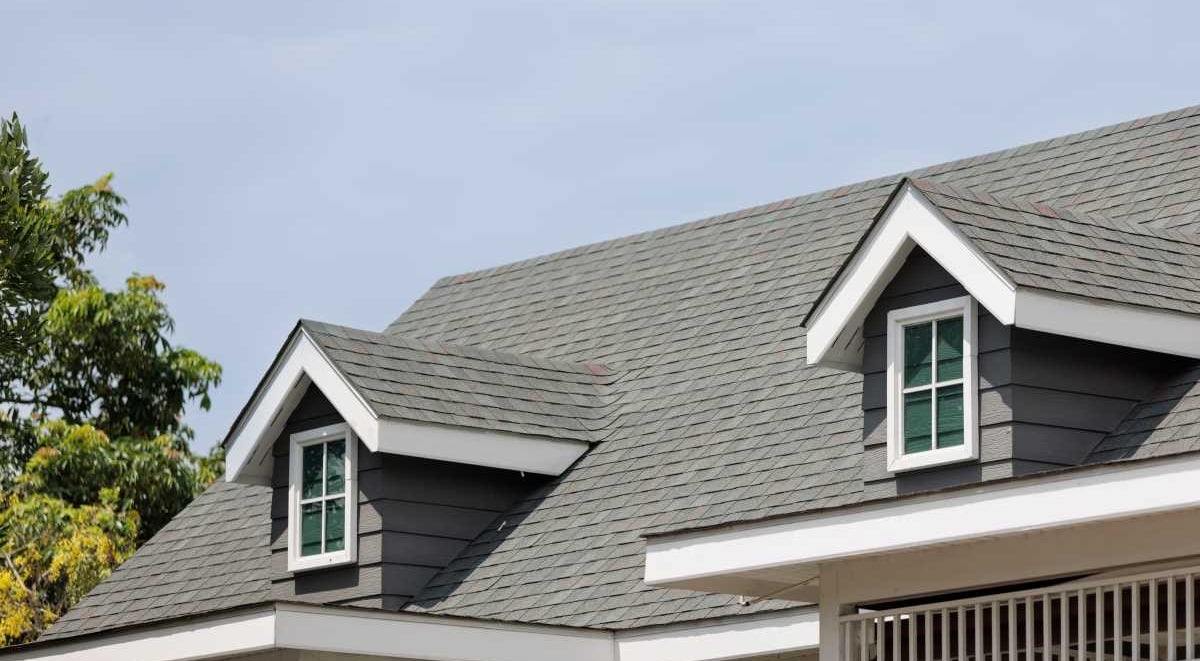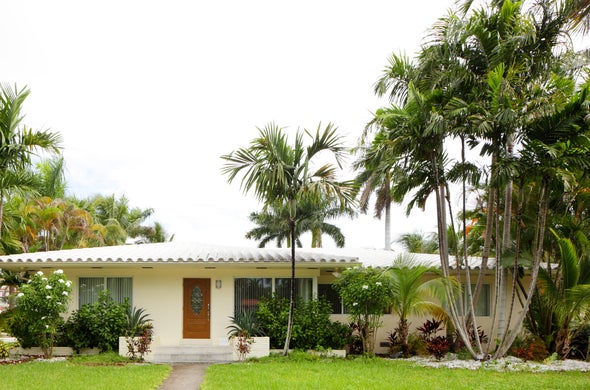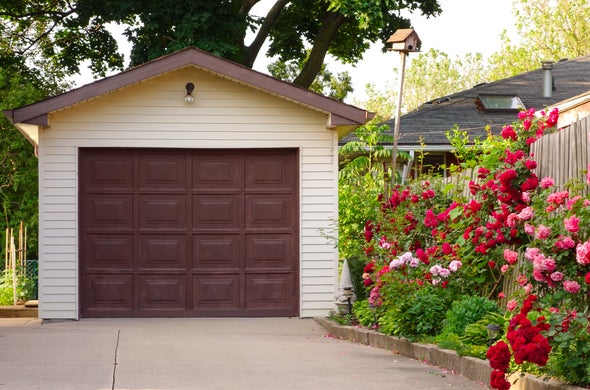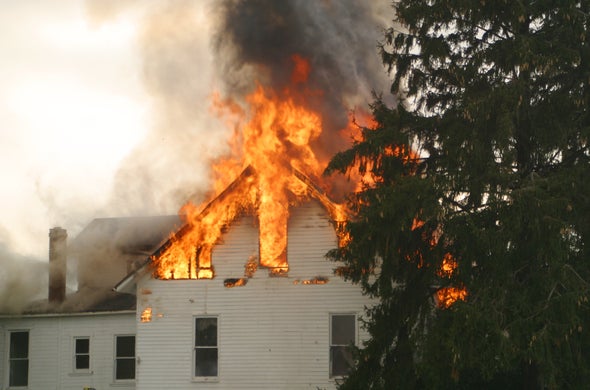Get affordable home insurance in 3 simple steps
Whether you do it yourself online or speak with one of our friendly representatives over the phone, Kin makes it easy to find coverage.

Property info
Customize your quote
Get covered
Tell us about your home.
Answer a few basic questions, and we’ll generate your home insurance quote in minutes.
Personalize your policy.
Customize your coverages, limits, and deductibles to get the protection you need at a price that fits your budget.
Get covered.
Review your quote and sign your application online. Any questions? Our licensed agents are here to help.
What does homeowners insurance cover in Monroe?
Rest easy knowing your coverage protects what matters most.
Dwelling coverage
for the actual structure of your home, inside and out.
Other structures
for things like your detached garage or shed.
Personal property
for your personal belongings that make your house a home.
Loss of use
for additional living expenses when a covered loss forces you to temporarily relocate.
Personal liability
if you accidentally cause someone bodily injury or property damage.
Medical payments
if a guest is injured on your property.
Discounts available in Monroe
Kin customers pay an average of $3,653 per year for home insurance policies with $300,000 in dwelling coverage in Louisiana, but you can save money by protecting your home, avoiding damage, and selecting sustainable options.

New home buyer - if you’re purchasing a home for the first time.
IBHS designation - for fortifying your home against disasters.
Claims-free - for keeping your home safe over the years.
Why you'll love Kin
You get more than coverage — you get a team that follows through.
Here to help
We reach out before, during, and after major weather events to make sure you’re okay — and to assist if you need to file a claim.
24/7 claims support
Easily file a claim over the phone with a member of our support team or online in your Customer Portal.
5-star care
Licensed Kin agents are easy to reach and ready to listen. Contact us via email, phone, or live chat.
We've got Louisiana covered
We help Louisianans find coverage across the entire Pelican State, including in these cities:
- Baton Rouge
- Bossier City
- Kenner
- Lafayette
- Lake Charles
- Metairie
- New Orleans
- Shreveport
Common questions about Monroe home insurance
What’s the average cost of home insurance in Monroe?
On average, Kin customers pay $3,653 per year for $300,000 in dwelling coverage for home insurance in Louisiana. Monroe’s inland position lowers hurricane risk, meaning rates may be lower than the state average for some residents.
Still, the exact cost of a homeowners insurance policy in Monroe will depend on your home’s location, characteristics, and age, as well as your claims history and local risks. The best way to determine how much you’ll pay for coverage is to get a quote.
What factors affect home insurance premiums in Monroe?
Insurance companies take several Monroe-specific considerations into account when determining your rate:
-
Location, down to the ZIP code
-
Age of the home and whether it's been hardened against extreme weather or retrofitted to modern building codes
-
Proximity to fire response services
-
Crime rates that may influence theft or vandalism claims
-
Frequency and type of claims in your neighborhood
-
Your claims history and credit-based insurance score
How much home insurance do I need in Monroe?
Your coverage levels should reflect the rebuild value of your home, the value of your belongings, and liability exposure:
-
Dwelling coverage. Should reflect the full cost of rebuilding your home with current materials and labor rates in Monroe.
-
Other structures coverage. Protects detached buildings such as workshops, fences, or storage sheds. Often set at 10% of your dwelling coverage, though you may need more based on your property.
-
Personal property coverage. Typically at least 50% of your dwelling structure, though you should complete a home inventory to determine if that’s enough coverage.
-
Liability insurance. Should provide enough coverage to protect your assets if you’re sued after a covered incident, such as if you’re at fault for injuries sustained by a guest on your property.
-
Medical payments coverage. Pays for minor injuries that occur on your premises, regardless of fault, and it is typically set at $1,000 to $5,000.
What does home insurance not cover in Monroe?
Even a comprehensive homeowners policy will exclude certain types of damage:
-
Flood damage, such as that caused by a storm or storm surge
-
Termites, rodents, or other pests
-
Most instances of mold or mildew
-
Sinkholes or earth movement unless specifically included
-
Damage to systems, components, or materials due to general wear
What additional coverages should Monroe homeowners consider?
Given the city’s exposure to seasonal rainfall, river flooding, and strong storms, the following optional protections are worth exploring:
-
Flood insurance
-
Sewer and drain backup coverage
-
Extended dwelling replacement cost for labor and material inflation or demand spikes
-
Ordinance or law coverage for updating to current building standards after a covered loss
Is home insurance required in Monroe?
Homeowners insurance is not mandated by Louisiana law, but it is typically required for obtaining a mortgage. Even homeowners who own their property outright should strongly consider maintaining insurance, as the financial fallout from a major storm, fire, or lawsuit can be devastating without adequate coverage in place.










